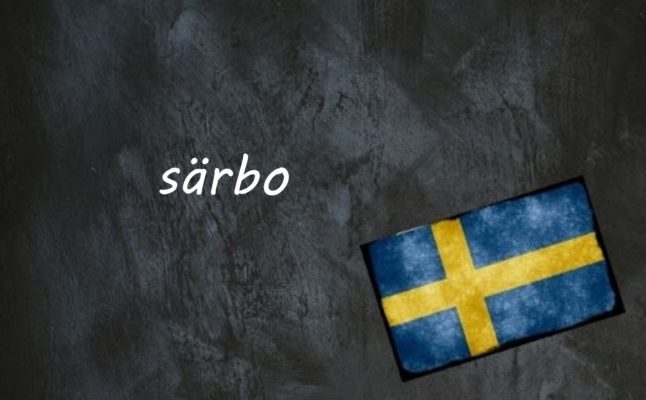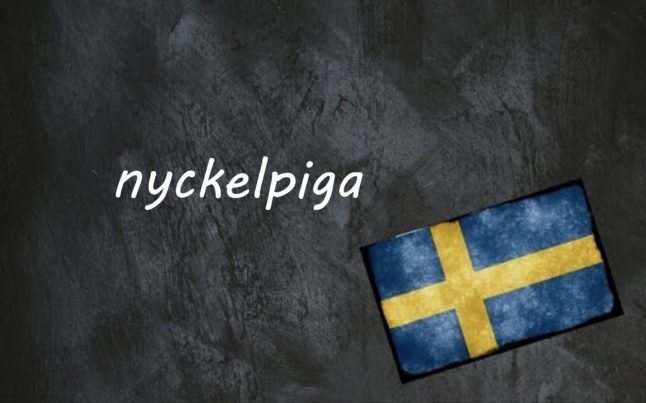It’s used to refer to a couple who do not live together, and can describe couples who live in different properties in the same cities as well as those in a long distance relationship (or långdistansförhållande) in different regions or even countries.
Särbo is a shortening of isär (literally “apart”, and sharing an etymological root with English “asunder”) and boende (living), so it can be translated as “apart-living”.
It’s one of a set of similar words to describe different living situations. The original and most commonly used of these words is sambo, meaning cohabiting partner or literally “together-living”, which is used for couples who share a household but are unmarried.
READ ALSO: The difference between sambo and marriage in Sweden
Särbo was created on analogy with sambo, and was first used in the 1980s, some years after sambo entered common usage.
Another term in the same category is the more colloquial or jokey term mambo, which translates as “living with mum” (mamma in Swedish) and is used to talk about people, usually single, who still live with their parents into adulthood.
As is the case with sambo, särbo has connotations of a serious, long-term relationship, rather than someone you’ve only been dating casually or for a short amount of time. So if you’re not confident you’ve reached that level, it may be better to use an alternative term such as flickvän/pojkvän (girlfriend/boyfriend) until you have that talk.
You can use särbo as a noun to talk about someone who lives apart from their partner: min särbo har en syster (my partner, who doesn’t live with me, has a sister); Peter och Julia är särbor/särbos (“Peter and Julia are särbos” – note that there are two forms of the plural, although adding “s” is slightly more common).
It can also function as an adjective to describe the living situation, as in the sentence vi är särbo (“we are partners who live apart”) or kan man bli lyckligare genom att bli särbos? (“can living apart as a couple make you happier?”). To get the same meaning across, you could also say vi bor isär (“we live apart”), but särbo neatly sums up the idea of being in a romantic relationship in different locations.
Jag föredrar att bo själv, så vill hellre vara särbo än sambo
I prefer to live alone, so I’d rather live apart than together
Jag och min man är särbor för närvarande – jag har flyttat till Sverige men han är fortfarande i Indien
My husband and I are living apart at the moment – I’ve moved to Sweden but he’s still in India



 Please whitelist us to continue reading.
Please whitelist us to continue reading.
Member comments